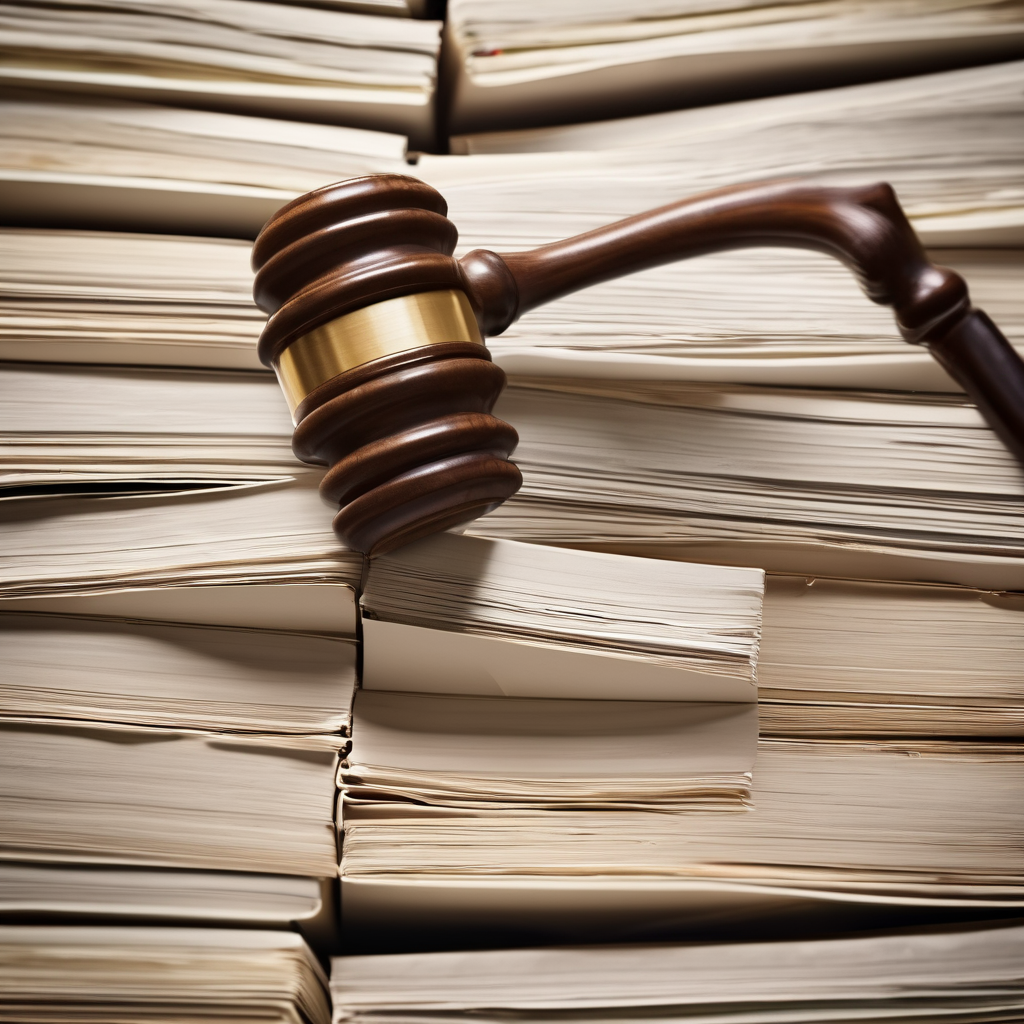The U.S. government has requested a Manhattan court to dismiss the criminal conviction of former President Donald Trump concerning hush money payments made to adult film actress Stormy Daniels. The appeal cites improper evidence and a legal theory that it argues is overridden by federal law. In a filing submitted to a state appeals court, the Department of Justice backed Trump’s claim of presidential immunity for actions taken while in office, insisting that evidence reflecting such actions should not have been presented at trial and is necessarily prejudicial.
The Justice Department’s brief highlighted that federal law should shield jurors from deliberating on whether Trump breached federal election laws linked to the concealed payment, which potentially affected his 2016 presidential campaign strategy. The department referenced a significant Supreme Court ruling from July 2024 affirming presidential immunity concerning official actions, asserting that Judge Merchan wrongly permitted jurors to assess communications Trump had with officials, including then-Attorney General Jeff Sessions.
Despite the compelling arguments from the Justice Department, the Manhattan District Attorney’s office, responsible for Trump’s conviction on 34 counts of falsifying business records, has yet to comment on this legal development. This conviction comes as Trump gears up for a possible return to the White House amid several ongoing legal challenges.
In a related context, a federal appeals court has mandated a reevaluation of Trump’s request to move his conviction to federal court, a maneuver that could expedite the appeals process. The uniqueness of Trump’s case includes his associated sentencing, which includes an unconditional discharge aimed at mitigating disruption as he embarks on a second presidential campaign.
Central to the case is a $130,000 payment made to Daniels by Trump’s former attorney, Michael Cohen, intended to secure her silence over an alleged affair—a claim Trump has consistently refuted. The complex legal landscape surrounding this issue underscores larger themes of presidential accountability and the rule of law while the judiciary seeks to delineate the limits of executive immunity and personal conduct.
As these legal matters progress, there is a prevailing hope that the outcomes will encourage an essential dialogue about accountability within governance, crucial for maintaining the integrity of democracy. This situation serves as a reminder that no individual is above the law, emphasizing the essential role of judicial processes in preserving a balanced political environment.
